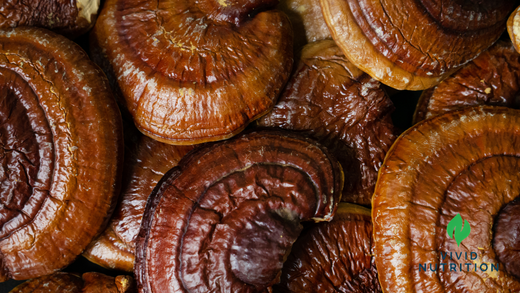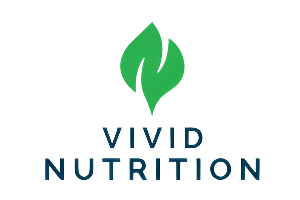
Does Reishi work and how does it really work?
Share
"Decoding the Wellness Wizardry of Reishi: A Scientific Exploration"
Reishi, scientifically known as Ganoderma Lucidum, has garnered acclaim for its potential health benefits. In this exploration, we unravel the mysteries surrounding Reishi's effectiveness and delve into the scientific landscape to understand how this revered mushroom works its wonders.
Immune Modulation: A Symphony of Defense
Reishi stimulates various immune responses, enhancing the body's ability to defend against pathogens (Lin et al., Journal of Pharmacological Sciences, 2005).
Adaptogenic Resilience: Balancing the Stress Response
Reishi's adaptogenic qualities balance stress responses, contributing to a more adaptive and resilient state (Jin et al., Cochrane Database of Systematic Reviews, 2016).
Anti-Inflammatory Potency: Quelling the Flames Within
Research suggests that Reishi's compounds modulate inflammatory pathways, providing insights into its role in managing inflammation (Gao et al., International Journal of Medicinal Mushrooms, 2004).
Antioxidant Armor: Safeguarding Cellular Health
Reishi's rich antioxidant content scavenges free radicals, safeguarding cellular health (Wachtel-Galor & Yuen, Herbal Medicine: Biomolecular and Clinical Aspects, 2004).
Sleep Promotion: Calming the Nervous System
Reishi has been shown to potentiate sleep via a GABAergic mechanism, calming the nervous system (Chu et al., Pharmacology, 2007).
Cardiovascular Support: Nurturing Heart Health
Studies suggest Reishi's potential in cardiovascular support, including its role in modulating blood pressure and cholesterol levels (Jin et al., Cochrane Database of Systematic Reviews, 2016).
A Symphony of Scientific Validation
The efficacy of Reishi is substantiated by a symphony of scientific validation, from immune modulation to adaptogenic resilience, anti-inflammatory potency, antioxidant armor, sleep promotion, and cardiovascular support.
References:
Lin, Z. B. (2005). Cellular and Molecular Mechanisms of Immuno-modulation by Ganoderma lucidum. Journal of Pharmacological Sciences, 99(2), 144–153.
Jin, X., Ruiz Beguerie, J., Sze, D. M. Y., Chan, G. C. F. (2016). Ganoderma lucidum (Reishi mushroom) for cancer treatment. Cochrane Database of Systematic Reviews, 4, CD007731.
Gao, Y., Zhou, S., Chen, G., Dai, X., Ye, J., & Gao, H. (2004). A Phase I/II Study of Ling Zhi Mushroom Ganoderma lucidum (W.Curt.:Fr.)Lloyd (Aphyllophoromycetideae) Extract in Patients with Type II Diabetes Mellitus. International Journal of Medicinal Mushrooms, 6(1), 33–39.
Wachtel-Galor, S., & Yuen, J. (2004). Ganoderma lucidum (Lingzhi or Reishi): A Medicinal Mushroom. In Herbal Medicine: Biomolecular and Clinical Aspects. 2nd edition.
Chu, Q. P., Wang, L. E., Cui, X. Y., & Fu, H. Z. (2007). Extract of Ganoderma lucidum potentiates pentobarbital-induced sleep via a GABAergic mechanism. Pharmacology, 80(1), 61–70.
